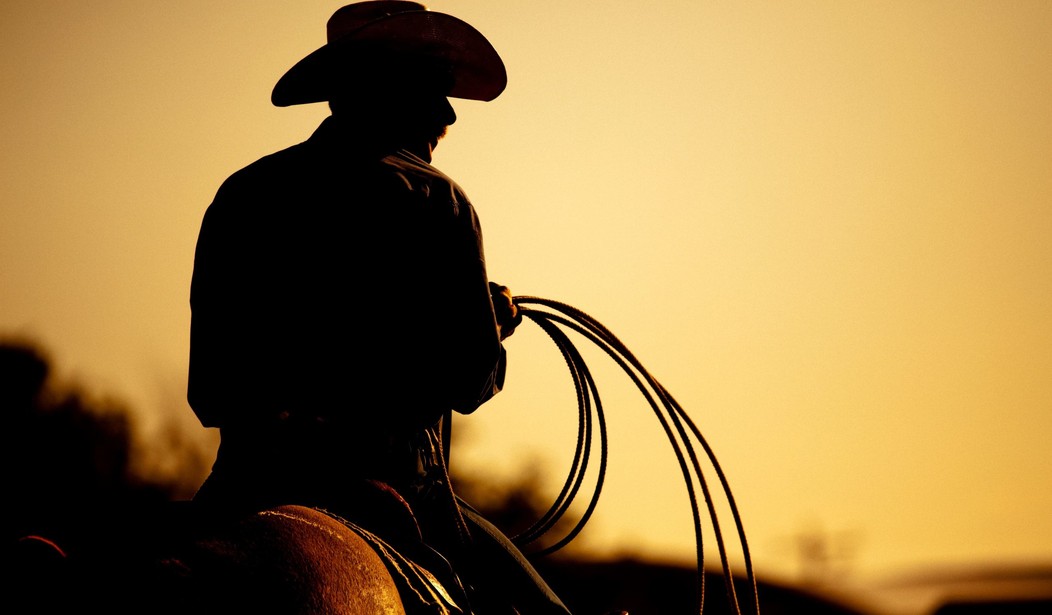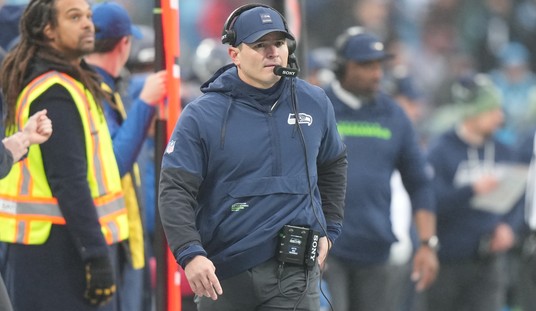In 1960, the original The Magnificent Seven rode on to the big screen. Westerns were still big box office. Later this year, action director Antoine Fuqua will herd his remake of one of Hollywood’s most iconic cowboy classics into theaters across the country. Sadly, even if this movie makes money, there is little chance that frontier films will make a comeback.
For many decades, cowboys and cinema rode into theaters together. Cheap westerns staring the likes of Tom Mix were staples of the Saturday afternoon matinee. The stampede stopped after Raoul Walsh’s The Big Trail (1930) bombed at the box office. The big budget wide-screen spectacle was one of the biggest film failures of all times and almost ended the career of its then little known star—a guy named John Wayne.
It was a quarter of a century before any studio dared to bring another big-budget, big wagon train movie to the silver screen (The Way West). That’s not so say studios stopped making Westerns during the interregnum. Cowboy cinema could still make money. John Ford’s Stagecoach (1939) was a huge hit and finally turned John Wayne in a matinee-idol.
In post-war Hollywood, Westerns films claimed an even larger place in American popular culture. They came to represent much more than cheap, action entertainment for kids. The American Western became “the” vehicle to explain the meaning of America.
No director had a greater impact than John Ford and his cannon of great Western films including My Darling Clementine (1946); Fort Apache (1948), Rio Grande (1950) and The Searchers (1956).
In the wake of the Vietnam War malaise, Americans search for self-meaning in the Old West turned ugly. Irony, hate, and ridicule were all the rage in movies like Little Big Man (1970). Westerns were turned on their head—the virtues of heroism, honor, and courage were swapped out for deceit, ignorance, greed, and racism.
Meanwhile, spaghetti Westerns turned cowboy cinema into cheap parody.
After a few years, the Western vanished like the American frontier. Occasionally, Hollywood would make a clunker, like Silverado (1985), or a hit, such as Unforgiven (1992).
Moviegoers didn’t miss the West. That says something about who we have become.
One reviewer argues Americans are just losing touch with the frontier experience. “[D]ecade by decade that history becomes more and more embarrassing to us,” writes Michael Agresta in The Atlantic.
Even if movies like the remake of The Magnificent Seven are a hit, there is every reason to fear that the traditional Western is dead—and that is deeply troubling.
When Americans cease to seek out nobility and meaning in their own past—that’s the beginning of the end of the tradition of America.
If it is just more Cowboys & Aliens (2011) and The Lone Ranger (2012), we will know the American age is truly at an end.
On the other hand, we’ll know when America is back. It will be when the Old West rides again in Hollywood.









Join the conversation as a VIP Member